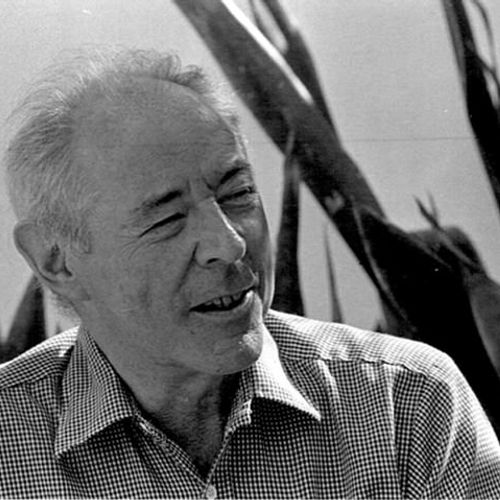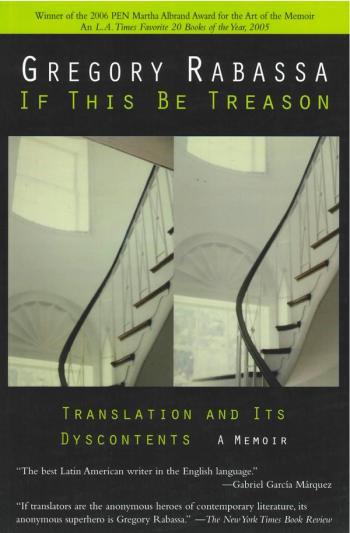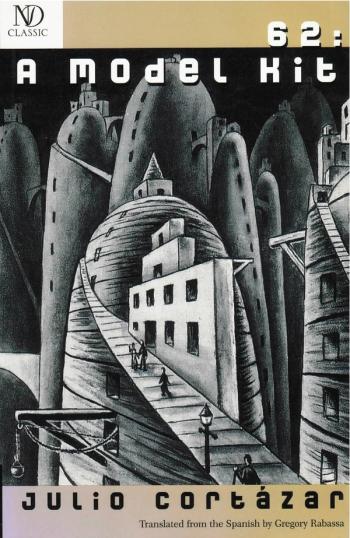Gregory Rabassa
Gregory Rabassa was born in Yonkers, New York, March 9, 1922. He grew up north of Hanover, NH, graduated from Dartmouth College, Class of 1944, Phi Beta Kappa, and got his MA, and PhD at Columbia University after serving as a U.S. Army, Infantry, Staff Sgt during World War II. One of Latin American literature’s most distinguished translators, Gregory Rabassa translated more than thirty novels from Spanish and Portuguese into English — including works by Jorge Amado, Miguel Angel Asturias, Julio Cortázar, and Mario Vargas Llosa. Most notably, he translated Gabriel García Márquez’s One Hundred Years of Solitude. Among his many awards, Gregory Rabassa was a Fulbright Fellow, winner of the National Book Award for Translation, the American Academy of Arts and Letters Literature Prize, National Book Critics Circle Award, the Gregory Kolovakos Award, PEN. He is currently a Distinguished Professor at Queens College/CUNY and The Graduate School/CUNY.


